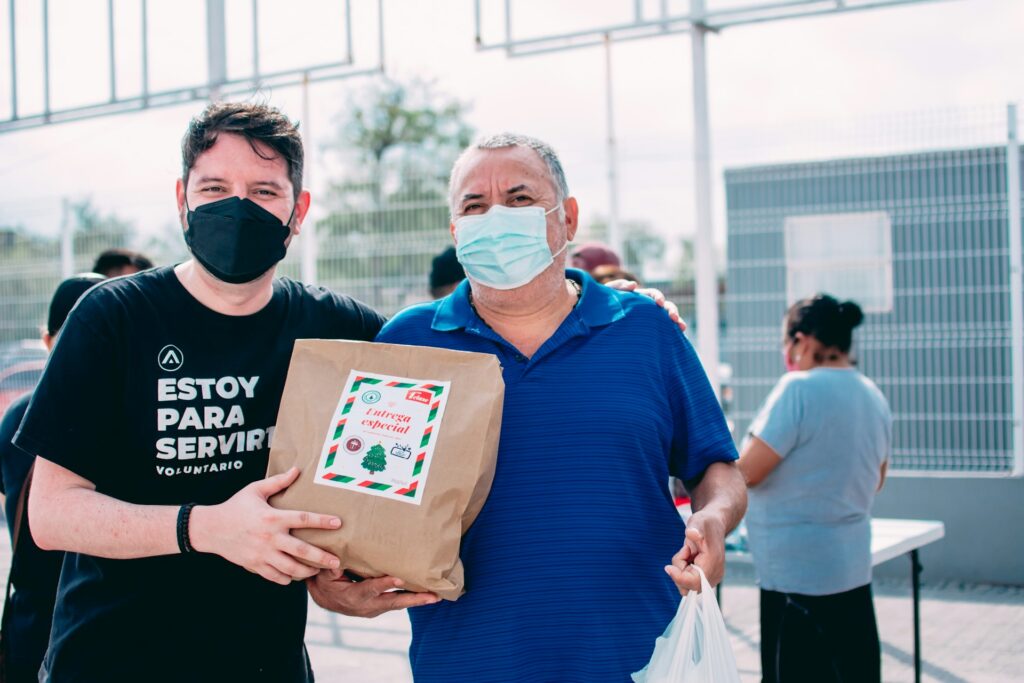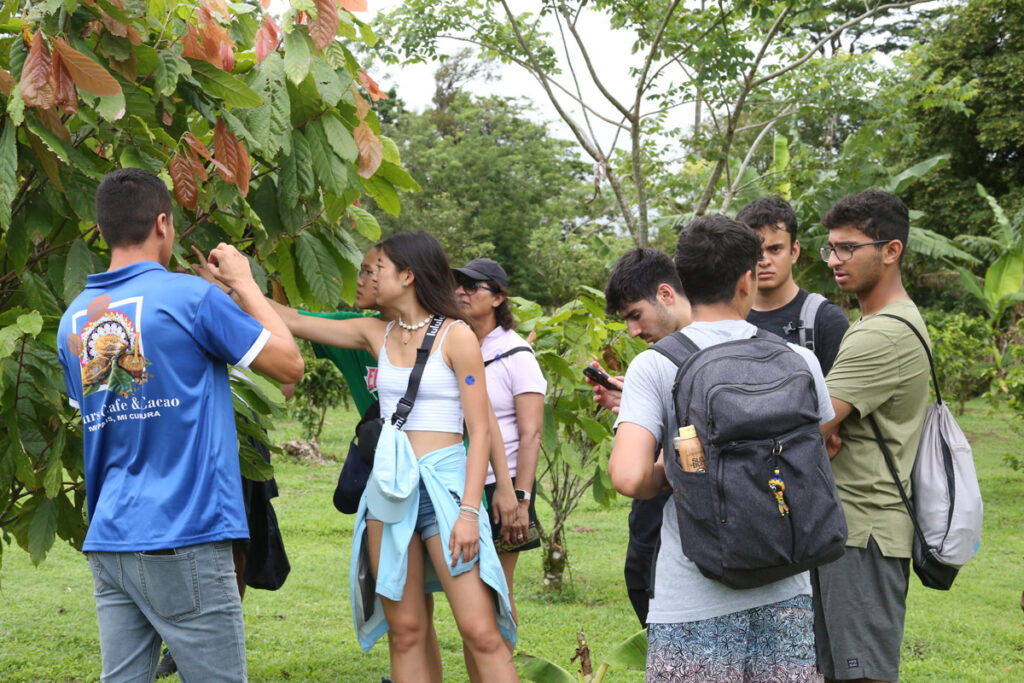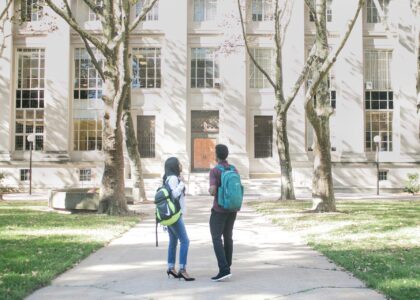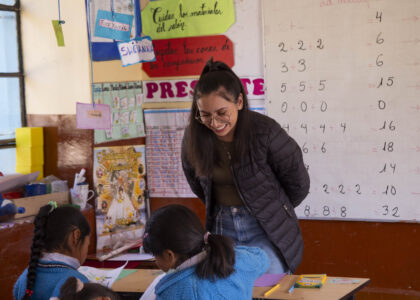Exploring new places, adapting to different cultures, and working with a group while traveling internationally are all valuable ways to learn how to develop leadership skills. Travel puts you in unfamiliar situations, challenges your problem-solving abilities, and helps you grow into a more confident and responsible individual. Whether you are managing group logistics, staying organized with travel essentials, or setting an example for your peers, international travel is an incredible opportunity to strengthen leadership abilities. Programs like educational teen tours offer structured opportunities to develop these essential skills while experiencing new cultures.

Take Initiative and Lead by Example
One of the best ways to enhance leadership soft skills during travel is by stepping up when needed. Taking responsibility for small tasks, like helping your teacher or trip leader with attendance checks, ensuring that everyone has their luggage, or making sure the group stays on schedule, builds confidence and reliability. Supporting teacher-led programs such as global education initiatives allows students to gain firsthand experience in leadership while assisting their educators. In destinations like Costa Rica, where adventure and exploration are key, being proactive and leading by example can help the group have a smoother experience while also fostering personal growth. Additionally, participating in structured teacher-guided programs helps develop strong communication and problem-solving skills, further preparing students for leadership roles in the future.

Communication and Teamwork
Being an effective leader isn’t just about taking charge—it’s also about listening, collaborating, and making sure everyone is included. International travel often means navigating new environments with classmates and teachers, which makes teamwork essential. Strong leadership requires adapting to new surroundings, respecting diverse perspectives, and ensuring that each group member feels valued. Communicating clearly, checking in on group members, and helping solve issues together all contribute to developing leadership skills. While traveling in places like Italy, where cultural differences and language barriers may arise, strong communication skills become even more essential. Encouraging others, resolving conflicts effectively, and leading with empathy further reinforce the teamwork necessary for a successful travel experience.

Stay Organized and Responsible
Keeping track of important travel documents, passports, and personal belongings is another leadership responsibility. Making sure that you and your group stay prepared for each day’s itinerary shows maturity and attention to detail. This includes organizing your luggage efficiently, knowing what essentials to pack, and ensuring that your group has everything needed for the trip. Reviewing a comprehensive packing guide can help streamline this process and reduce last-minute stress. Educational tours, like those in Latin America, often involve multiple activities, and being responsible ensures that you and your peers can focus on the experience without unnecessary stress. Additionally, helping fellow travelers stay organized further strengthens leadership and teamwork skills, as it demonstrates initiative and care for the group’s overall success.

Problem-Solving in Unfamiliar Situations
Traveling internationally often comes with unexpected challenges, from delayed flights to lost items or sudden itinerary changes. Learning how to develop leadership skills means staying calm under pressure, finding solutions quickly, and helping others do the same. Cultural differences can also be a significant factor, and adapting to new customs and traditions is crucial for effective leadership. Experiencing culture shock can be challenging, but understanding it through resources like this guide on cultural adaptation helps travelers develop resilience and awareness. Understanding and respecting different cultural norms, as seen in locations like South America, helps prepare travelers to navigate obstacles with confidence while fostering a mindset of adaptability and inclusion.
Engaged Education - Transformative Educational Travel Experiences
International travel provides an exciting and immersive way to build leadership skills while experiencing new cultures. Through organization, teamwork, and adaptability, students gain the confidence to lead both during their travels and beyond. Engaged Education offers meaningful travel experiences that cultivate leadership in students. Ready to take the next step? Explore our programs and check out our brochure: Engaged Education Brochure.






